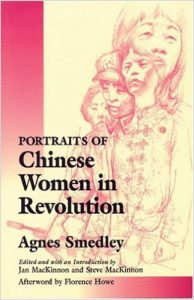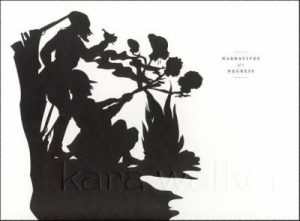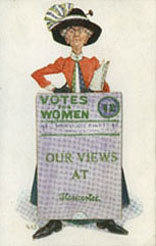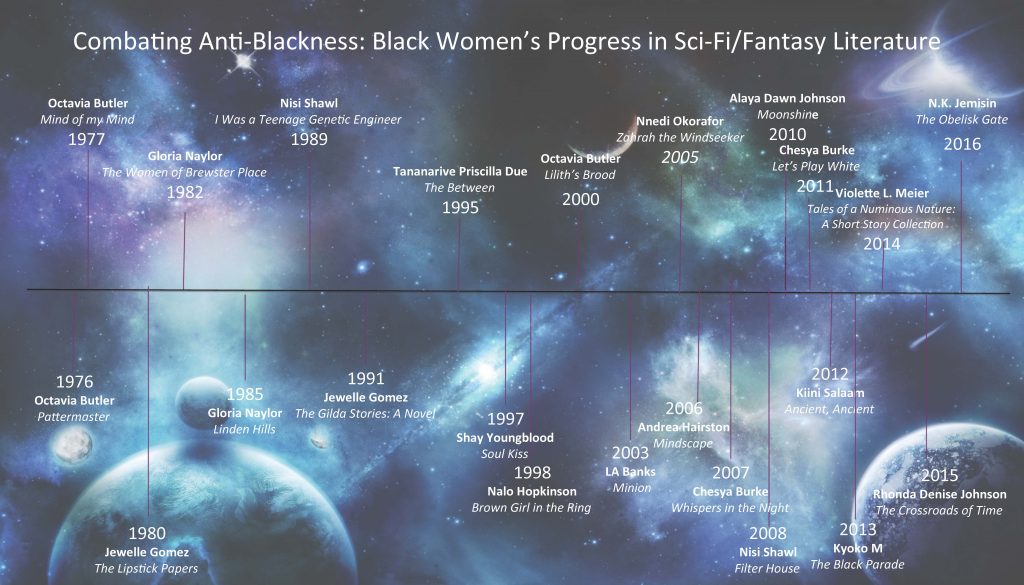The letter below was sent to the IWU community by campus leaders shortly after the 2016 presidential election results were announced. Per The Ames Library mission, the library “provides a seting conducive to interaction, consultation, study, and reflection,” for all members of the IWU community. If you feel uncomfortable in the library, please contact the Library Services Desk at 309-556-3350.
—– —– —– —– —–
Faculty, Staff and Students,
Today brings closure to one of the most divisive elections in U.S. history. Whether you supported Hillary Clinton or Donald Trump, today is met with mixed feelings by many because we live in a country deeply divided on our values and beliefs. Unfortunately, that fact was as true yesterday as it is today.
As we reflect on this particular election, we must turn to our values — our individual values, our University values as expressed in our mission, and the values of our country that reflect the kinds of communities that we aspire to be.
Institutionally, we remain committed to diversity and social justice, explicitly stated in our mission. For those in our community who are feeling marginalized by the election results, please let us be clear: we see you and we care about you. You are respected and valued here. Illinois Wesleyan is a place committed to mutual respect and inclusion.
Liberal arts educations are designed to prepare students for democratic citizenship and life in a global society. Democratic citizenship requires that we accept the outcomes of elections. As we have seen in this election, the electoral process reveals our differences of opinion and perspective as much as it affirms those things we have in common. Our mission calls us to develop engaged citizens who will build partnerships, work to solve conflict, speak up when injustice occurs, and work tirelessly for the ideals that inspire them. Democracy works best when all voices are heard – not just on one day, but every day.
Continue to use your voices to advocate for the issues that matter most to you. Hold your elected officials (local, state and national) accountable for creating the kind of community you want to live in. On our campus, advocate for your educational experience and the inclusive experience of all.
We don’t know the path forward, but history demonstrates that there must be one. We need you, educated in the liberal arts, to solve the world’s biggest problems and to lead this country. We need you to continue to use your voice to make a difference in the world.
As a community, we will always have a variety of opportunities to come together in both celebration and struggle. As we process this election, let us use this time to come together and create a future that reflects our genuine care for one another and our shared values.
Sincerely,
Eric Jensen, President
Jonathan Green, Provost
Karla Carney-Hall, Vice President for Student Affairs
 Communists in China, India, and the Soviet Union, Agnes Smedley was an American journalist and writer well known for her semi-autobiographical work, Daughter of Earth.
Communists in China, India, and the Soviet Union, Agnes Smedley was an American journalist and writer well known for her semi-autobiographical work, Daughter of Earth.







